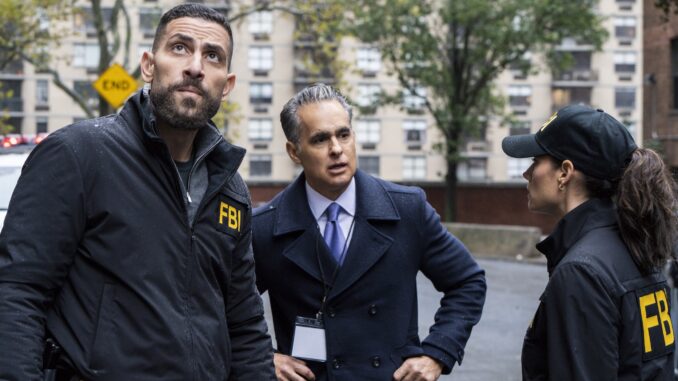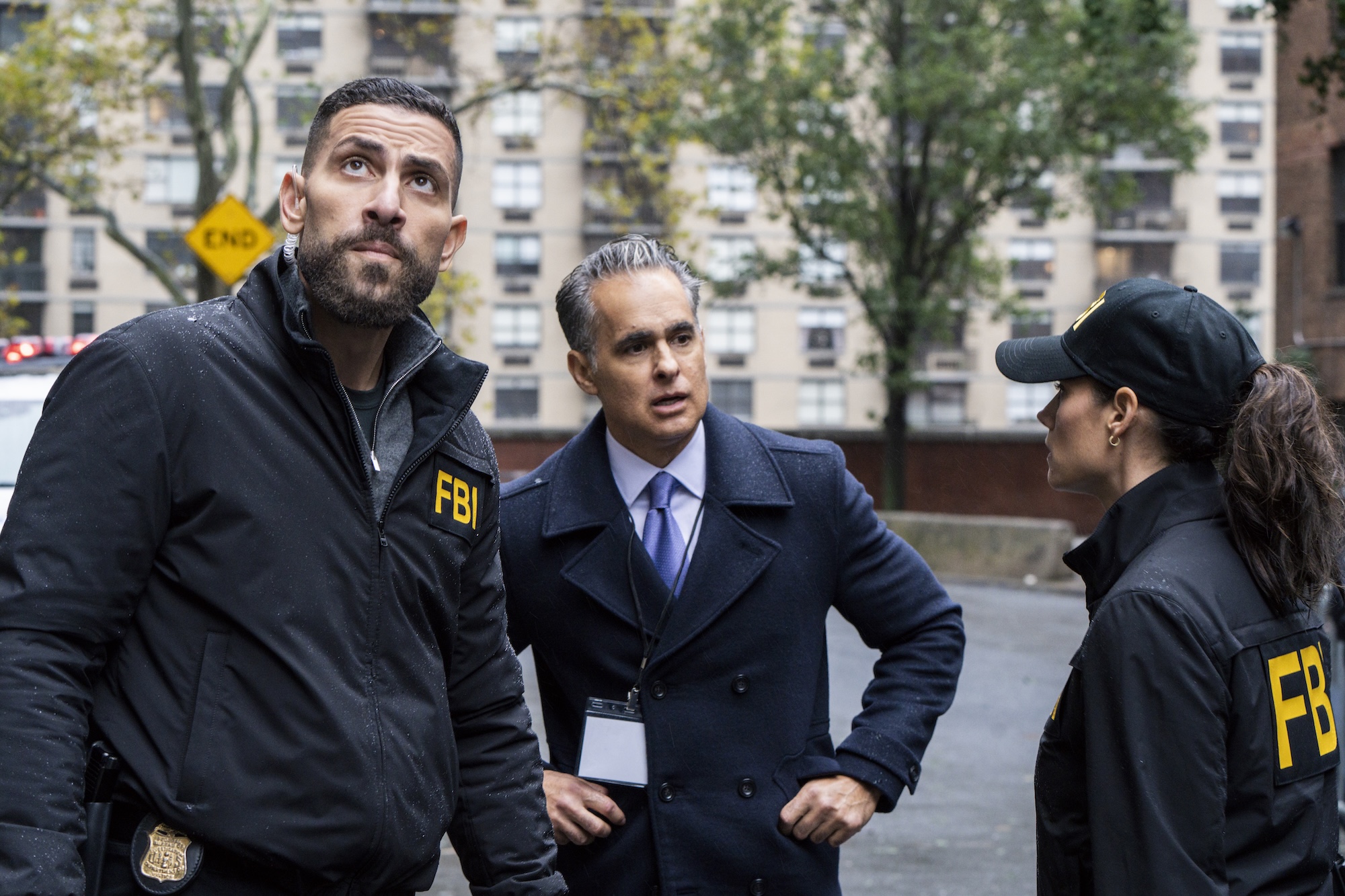
Is This the End for OA? The Spectacle of Suspense and the Specter of Cancellation in FBI
The flickering screen casts elongated shadows across the room, reflecting the anxiety swirling within the dedicated fanbase. The tagline screams from every corner of the internet: “Fans Brace for a Jaw-Dropping FBI Season 8 Finale.” The acronym “OA” hangs heavy in the air, a constant reminder of the Special Agent in Charge, the backbone of the New York Field Office, the driving force behind countless solved cases. Is this truly the end for her? Is this the end for FBI as we know it? The tension is palpable, a symphony of dread and anticipation conducted by the ever-present threat of cancellation and the masterful manipulation of cliffhangers.
The question of “the end” for OA isn’t just about her personal fate, though that is certainly a significant component. It’s a reflection of a larger anxiety that plagues the world of network television. Shows, even successful ones like FBI, live a precarious existence, constantly battling dwindling ratings, budget cuts, and the shifting sands of audience preferences. The specter of cancellation looms large, fueling the narrative of the Season 8 finale. The producers, knowing this, leverage the fear to their advantage, crafting a finale that is deliberately designed to keep viewers on the edge of their seats, desperate for answers that might never come.
The “jaw-dropping” element is crucial. It’s a promise of a dramatic climax, a shocking twist that will irrevocably alter the landscape of the show. It’s the car chase that ends in a fiery explosion, the insidious mole revealed within the FBI ranks, the impossible choice that OA must make, sacrificing either her career or her life. This deliberate exaggeration is a hallmark of the network drama finale, a tool used to create buzz and guarantee a strong viewership. It’s a calculated risk; deliver on the promise, and you solidify your audience for the next season. Fail to deliver, and risk alienating the very fans you so desperately need.
The marketing campaign surrounding the finale plays on the inherent connection fans have with their favorite characters. OA is more than just a name; she’s a symbol of justice, dedication, and unwavering resolve. She’s the one who always gets the job done, the one who pushes her team to be their best. To threaten her existence is to threaten the core principles of the show, to dismantle the very foundation upon which it was built. This emotional manipulation is effective, driving viewers to tune in not just to see what happens, but to protect the character they have invested so much time and emotion in.
But beyond the immediate anxiety surrounding OA’s fate, the question of “the end” also raises deeper questions about the nature of storytelling in the age of episodic television. Does a satisfying ending even exist? Or is the goal simply to prolong the narrative as long as possible, milking every possible story thread for all it’s worth? The FBI franchise, with its multiple spin-offs, certainly leans towards the latter. Each season finale is just another stepping stone, another opportunity to introduce new characters, explore new storylines, and ultimately, secure the show’s future.
The truth is, the answer to the question of whether this is “the end” for OA likely lies somewhere in the middle. While the finale will undoubtedly deliver on its promise of a “jaw-dropping” moment, it’s unlikely that it will be a definitive end. More likely, it will be a cliffhanger, a tantalizing glimpse into the unknown, designed to keep viewers speculating and clamoring for more. The game of suspense and the fear of cancellation are powerful tools, and FBI knows how to wield them masterfully. The fans may be bracing themselves, but the showrunners are already plotting their next move, ensuring that the narrative, and the franchise, continue to thrive. And so, the cycle continues, the question of “the end” forever hanging in the air, a constant reminder of the precarious yet captivating world of network television.
